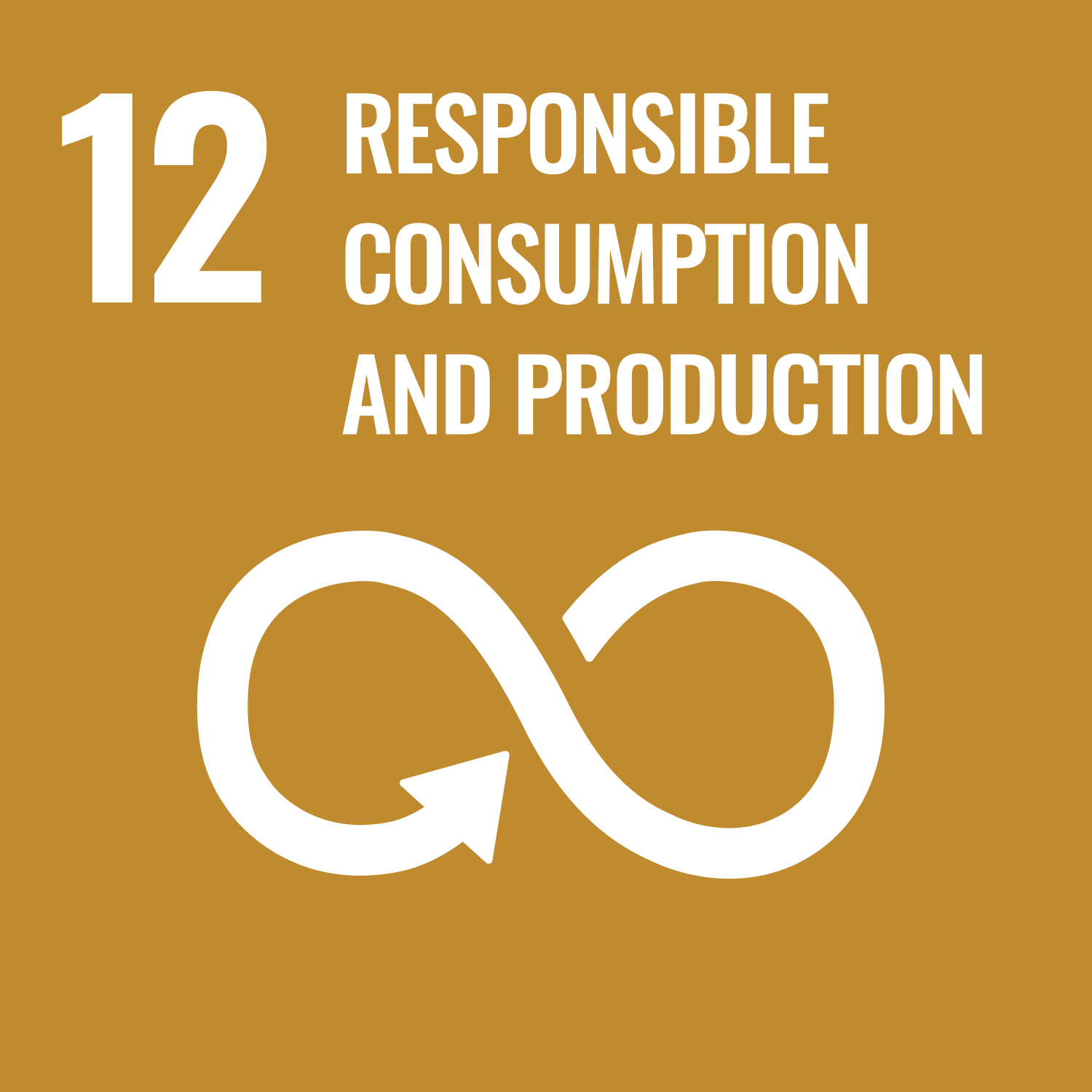ORCID
- Claire Kelly: 0000-0002-3809-225X
- Stephen Essex: 0000-0002-7728-4043
- Gillian Glegg: 0000-0001-7557-0401
Abstract
An essential component of ecosystem-based approaches in coastal zone management and the emerging field of marine planning are partnerships and collaborations between a range of multi-sector organisations and individuals. Ensuring that partnerships are effective is a priority for those responsible for planning and management in coastal and marine environments. Current partnership evaluation approaches, however, tend to view effectiveness as the cumulative end result of a set of variables acting in a linear process at a specific point in time. Given that governance and participation are acknowledged as non-linear and multifaceted processes, more reflective and nuanced approaches that take account of the dynamic, multidimensional and geographically embedded nature of the collaborative process are needed. This paper proposes a new framework for partnership evaluation based on policy narratives and indicators, and demonstrates the potential of the approach using three case studies of partnerships focused upon marine nature-based tourism. The insights from this research have direct relevance to the agencies and organisations responsible for delivering integrated coastal management, including marine spatial planning.
DOI Link
Publication Date
2012-01-01
Publication Title
Marine Policy
Volume
36
Issue
3
ISSN
0308-597X
Additional Links
Keywords
Partnerships, Effectiveness, Marine nature-based tourism, Evaluation, Marine Planning
First Page
769
Last Page
781
Recommended Citation
Kelly, C., Essex, S., & Glegg, G. (2012) 'Reflective practice for marine planning: A case study of marine nature-based tourism partnerships', Marine Policy, 36(3), pp. 769-781. Available at: 10.1016/j.marpol.2011.10.023




